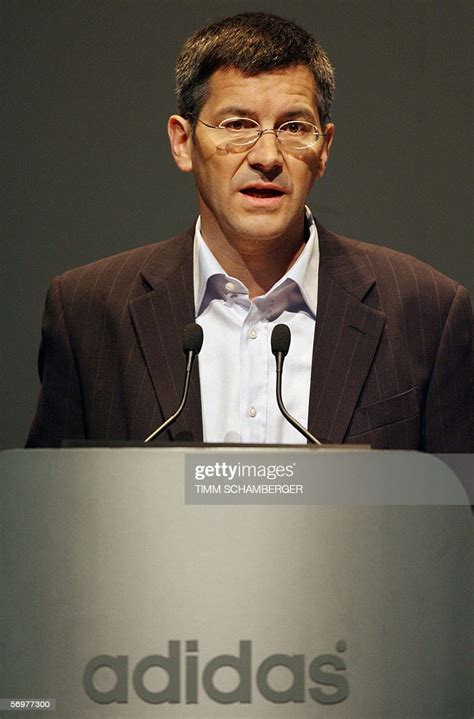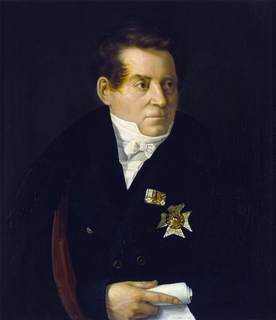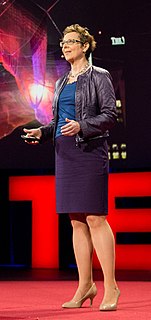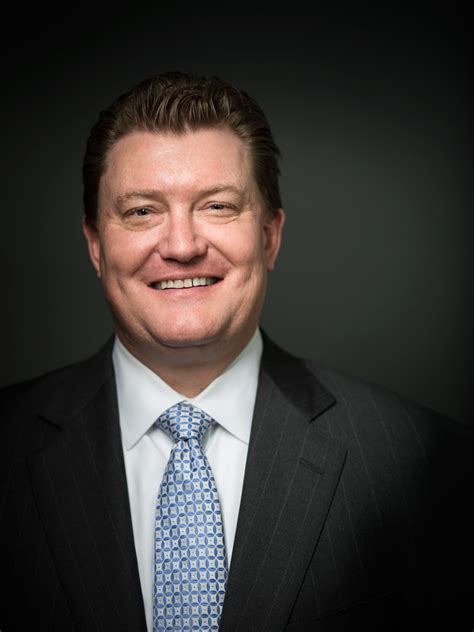A Quote by Victor Hugo
The ideal and the beautiful are identical; the ideal corresponds to the idea, and beauty to form; hence idea and substance are cognate.
Related Quotes
The American ideal of sexuality appears to be rooted in the American ideal of masculinity. This idea has created cowboys and Indians, good guys and bad guys, punks and studs, tough guys and softies, butch and faggot, black and white. It is an ideal so paralytically infantile that it is virtually forbidden - as an unpatriotic act - that the American boy evolve into the complexity of manhood
All the controversialists who have become conscious of the real issue are already saying of our ideal exactly what used to be said of the Socialists' ideal. They are saying that private property is too ideal not to be impossible. They are saying that private enterprise is too good to be true. They are saying that the idea of ordinary men owning ordinary possessions is against the laws of political economy and requires an alteration in human nature.
That is why all great men are modest: they consistently measure themselves not in comparison to other people but to the idea of perfection ever present in their minds, an ideal infinitely clearer and greater than any common people have, and they also realize how far they are from fulfilling their ideal.
It is sometimes said that the tragedy of an artist's life is that he cannot realise his ideal. But the true tragedy that dogs the steps of most artists is that they realise their ideal too absolutely. For, when the ideal is realised, it is robbed of its wonder and its mystery, and becomes simply a new starting-point for an ideal that is other than itself.






































